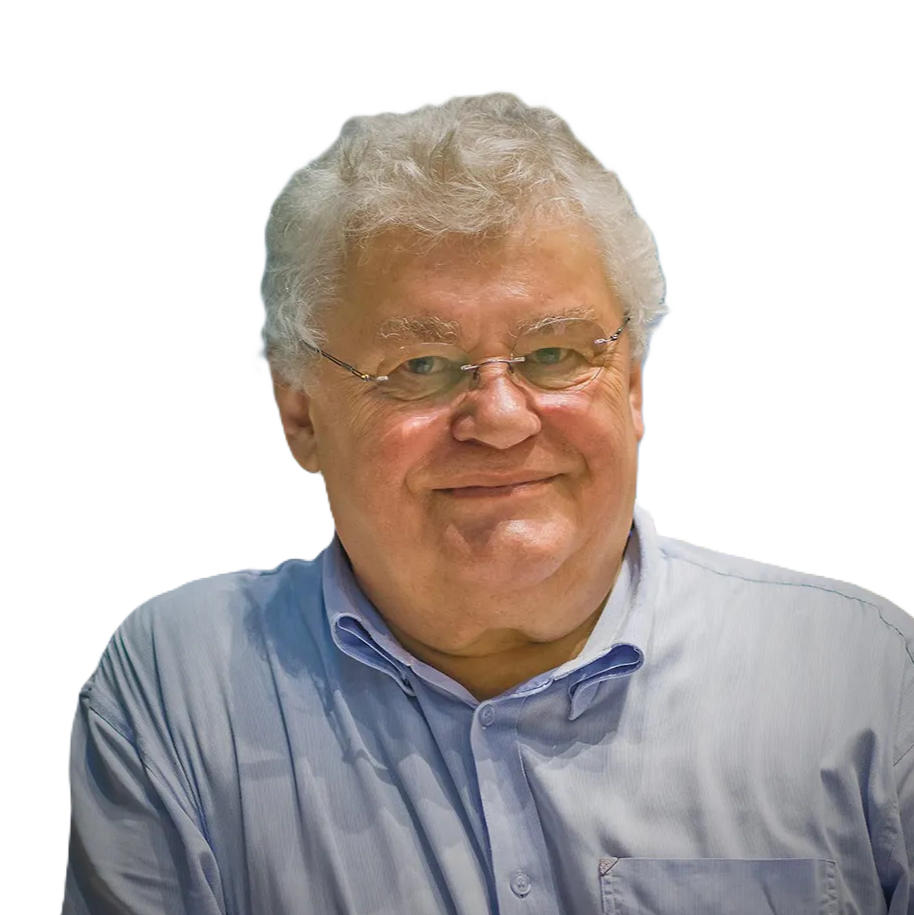Participants
‹ Back
Prof. András Szöllősi-Nagy
UNESCO Chair on Water Conflict Management, Ludovika University of Public Service
CV
SZÖLLŐSI-NAGY, András, Civil Engineer, Hydrologist, Dr. Techn., PhD, Dr. Habil., Doctor of Science of the Hungarian Academy of Sciences, Prof. Dr. HC mult., Full Professor at the Faculty of Water Sciences, National University of Public Service; Chairholder of the UNESCO Chair on Water Conflict Management, scientific advisor Institute of Advanced Studies (iASK), Kőszeg, Hungary; President of the international Sustainable Water Futures Programme /Future Earth, Brisbane, Australia. Previously Secretary General of the Paris based UNESCO International Hydrological Programme (IHP) for 20 years, later President of its Intergovernmental Council, and then Rector of the UNESCO-IHE Institute of Water Education, Delft, the Netherlands. Currently Chairman of the Editorial Board of the Hidrológiai Közlöny (Hungarian Journal of Hydrology), formerly Editor-in-Chief. With T. E. Unny founding Editor-in -Chief of the International Journal of Stochastic Hydrology and Hydraulics (Springer Verlag). He started his professional career in Hungary at VITUKI (Water Resources Research Center), Budapest, in the Department of System Hydrology. Later he became Deputy Director General for Science at VITUKI in 1989. During his carrier he worked at the International Institute for Applied Systems Analysis (IIASA), the University of Waterloo, Canada, and was visiting professor at several universities. He is a member and currently Vice-President of the Hungarian Academy of Engineering and Vice-President of the Hungarian Society of Natural Sciences. Member of the euro-CASE and CAETS Boards, respectively.
Abstract
Abstract:András Szöllősi-Nagy
UNESCO Chair on Water Conflict Management, Ludovika University of Public Service, BUDAPEST
WORLD SCIENCE FORUM 2024, BUDAPEST
PLENARY SESSION III: SUMMIT OF THE FUTURE
TALKING POINTS
The short intervention will summarize the current global perspective on water resources with a view towards identifying major likely future challenges along with an outline of potential opportunities for solutions. There is growing empirical evidence that there is a looming water crisis. The water and sanitation related SDG will not be reached. Concerning the global drivers the length of the return periods of extreme hydrological events, such as floods and droughts, is generally decreasing. In other words, the inverse of the return period, i.e. the frequency, or the probability of extreme events, is increasing yielding more frequent disasters at both ends of the hydrological spectrum. Recent flood disasters in Valencia, Spain, Germany, the Danube Basin, and several other places are sending strong messages in this regard. Furthermore, it is observed that, for instance, the 100-year flood occurs nowadays at every 20 years or so in many parts of the world. How is it possible when the amount of freshwater globally is the same as it was at the beginning of the Holocene? What caused the change in the hydrological cycle that seems to accelerate or intensify? Some argue that it is basically due to the large planetary cycles, such as the Milankovitch-cycle. That important cycle describes the collective effects of changes in the Earth’s movements on its climate over millions of years. However, the acceleration of the hydrological cycle has been observed quite recently at a decadal time scale, which is by orders of magnitude much smaller when compared to geological time scales. The intensification of the hydrological cycle is due to anthropogenic changes, i.e. the climate change that is observable since the industrial revolution. New design methodologies and standards, based on AI and machine learning, are needed to properly consider the non-stationarity of hydrological processes as the current design methodologies, such as the concept of T-year design floods, developed under the hypothesis of stationary hydrological processes, is not valid anymore. It is argued that the re-examination of some of the structural measures, such as the need for more water storage, is necessary at all scales. It is argued that science is needed more than anytime before to effectively deal with these new challenges within the scope of the UN Pact for the Future.